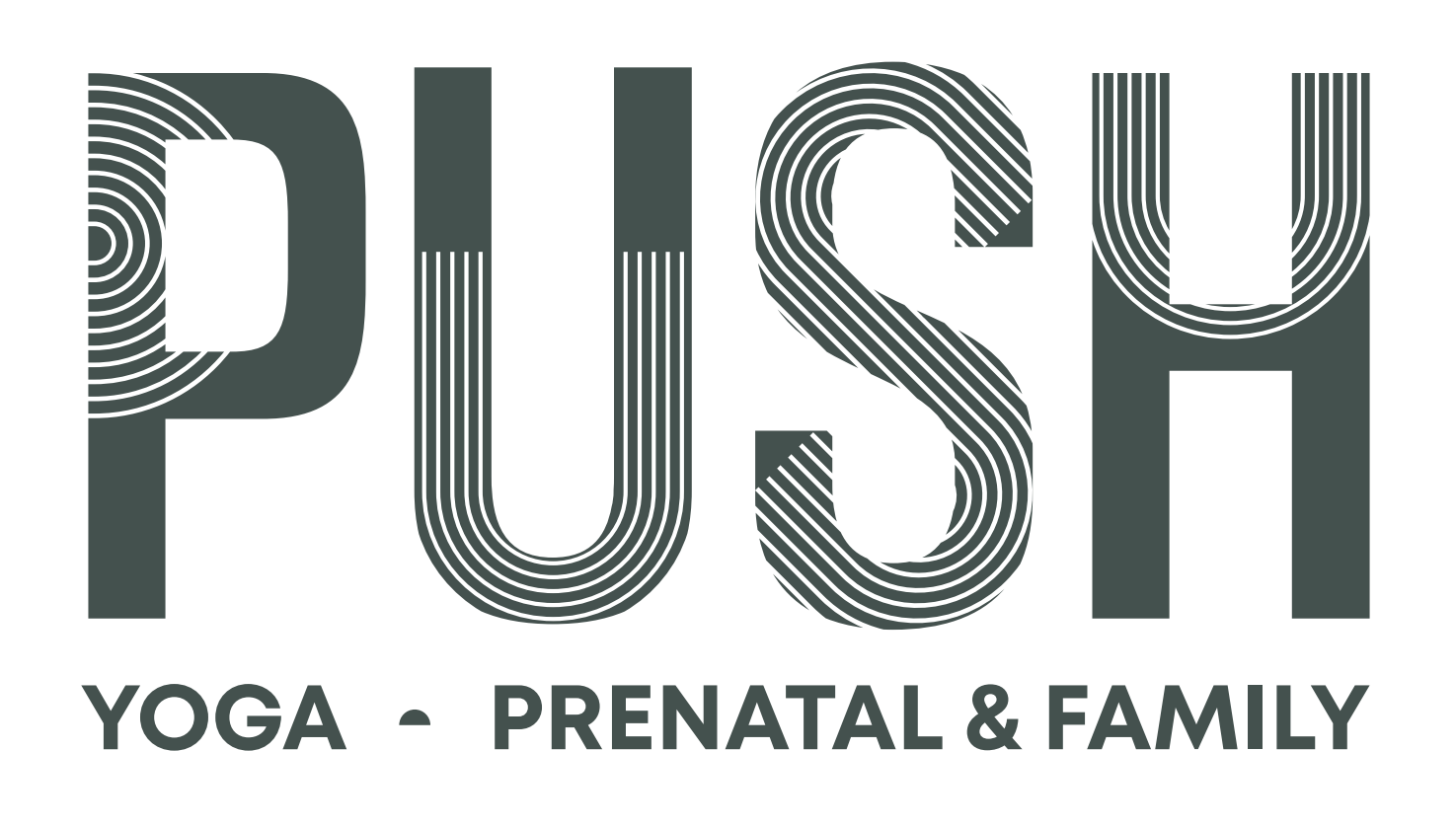Welcoming a new addition to the family is a cherished moment in a woman’s life, but it’s essential to recognize that the journey into motherhood can come with its share of challenges.
Understanding the Baby Blues
For many new mothers, experiencing the baby blues is a common occurrence. These feelings stem from hormonal changes post-birth, often manifesting as anxiety, restlessness, and bouts of crying. Referred to as postpartum blues, these emotions typically subside within the first two weeks after delivery, representing a mild and temporary form of depression that resolves as hormone levels stabilize.
Doctor’s at Johns Hopkins Center for Women’s Reproductive Mental Health report that nearly every new mother, up to 85%, may encounter the postpartum blues, oscillating between moments of happiness and overwhelming emotions. Doctors reassures, “No mother is happy all the time; it’s normal to feel frustrated and need moments to decompress.”
Postpartum Depression: Recognizing the Signs
While the baby blues are fleeting for most, some new mothers find themselves grappling with more severe and persistent feelings of despair. Postpartum depression affects approximately one in five new moms, presenting a more significant challenge but one that is highly treatable.
Doctors underscore the far-reaching impact of postpartum depression, noting its effects on both mother and baby. Left untreated, it can lead to adverse outcomes such as preterm delivery, heightened startle reflex in infants, and gestational diabetes. Moreover, it can pose a life-threatening risk, accounting for 20% of all maternal deaths in countries that monitor such occurrences.
Identifying Risk Factors
Certain individuals may be at a heightened risk of experiencing postpartum depression symptoms, with various factors influencing its likelihood and severity:
- History of anxiety or mood disorders: Those with a history of bipolar disorders, depression, or anxiety are at a 30% to 35% increased risk of postpartum depression, as are mothers who have previously experienced depression symptoms after childbirth.
- Family history: Individuals with family members who have grappled with postpartum mood disorders are predisposed to experiencing similar challenges.
- Genetics: Research conducted at the Johns Hopkins Women’s Mood Disorders Center has identified epigenetic biomarkers that may indicate heightened susceptibility to postpartum depression.
Recognizing Postpartum Depression Symptoms
The symptoms of postpartum depression encompass a spectrum of emotions and behaviors, including anxiety, sadness, irritability, difficulty sleeping, and intrusive thoughts, which may involve thoughts of harming the baby. Dr. Osborne underscores the multifaceted nature of postpartum depression, highlighting the prevalence of anxiety and irritability alongside traditional notions of sadness.
Seeking Support and Treatment
Prompt assessment and treatment are crucial for managing postpartum depression, as untreated symptoms can persist for months or even years. Dr. Standeven emphasizes the importance of seeking help if symptoms persist beyond two weeks, particularly for individuals with preexisting anxiety or depression.
At Push Markham, we recognize the complexities of motherhood and offer compassionate support and resources for women navigating mood disorders during pregnancy and postpartum. Contact us today to learn more about our services and how we can assist you on your journey to maternal well-being.
Medical Disclaimer: Consultation with a Healthcare Professional: The content provided on this website is for informational purposes only and is not intended as medical advice. It is essential to consult with a qualified healthcare professional regarding any medical concerns or questions you may have. While we strive to ensure the accuracy of the information provided, medical knowledge and practices may change over time. Therefore, we do not guarantee the completeness, accuracy, or reliability of the information on this website. Any reliance on the information provided on this website is at your own risk. In case of a medical emergency or urgent medical needs, please seek immediate assistance from a qualified healthcare provider or call your local emergency services.



